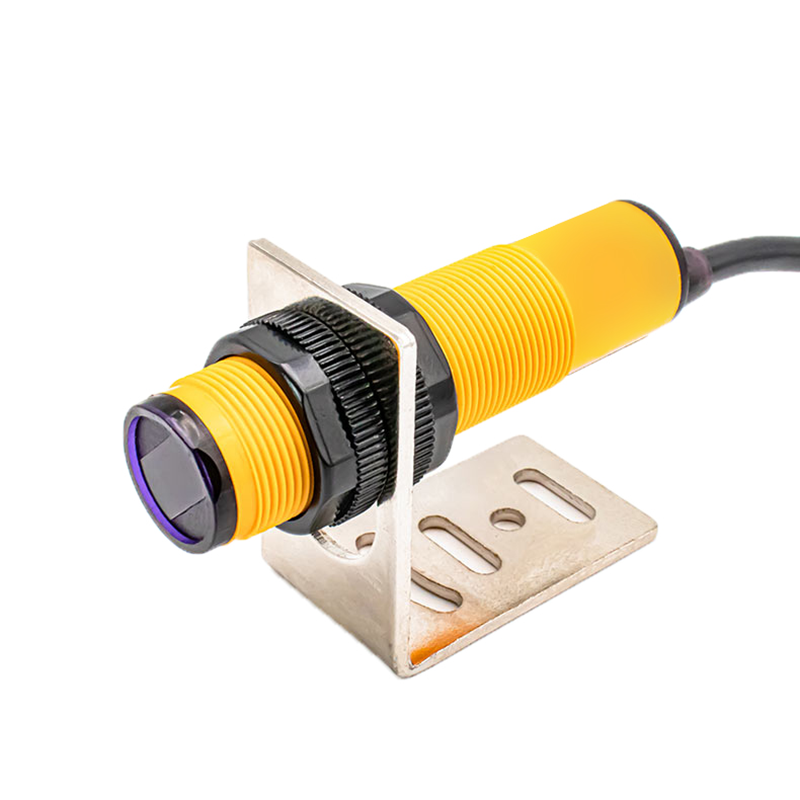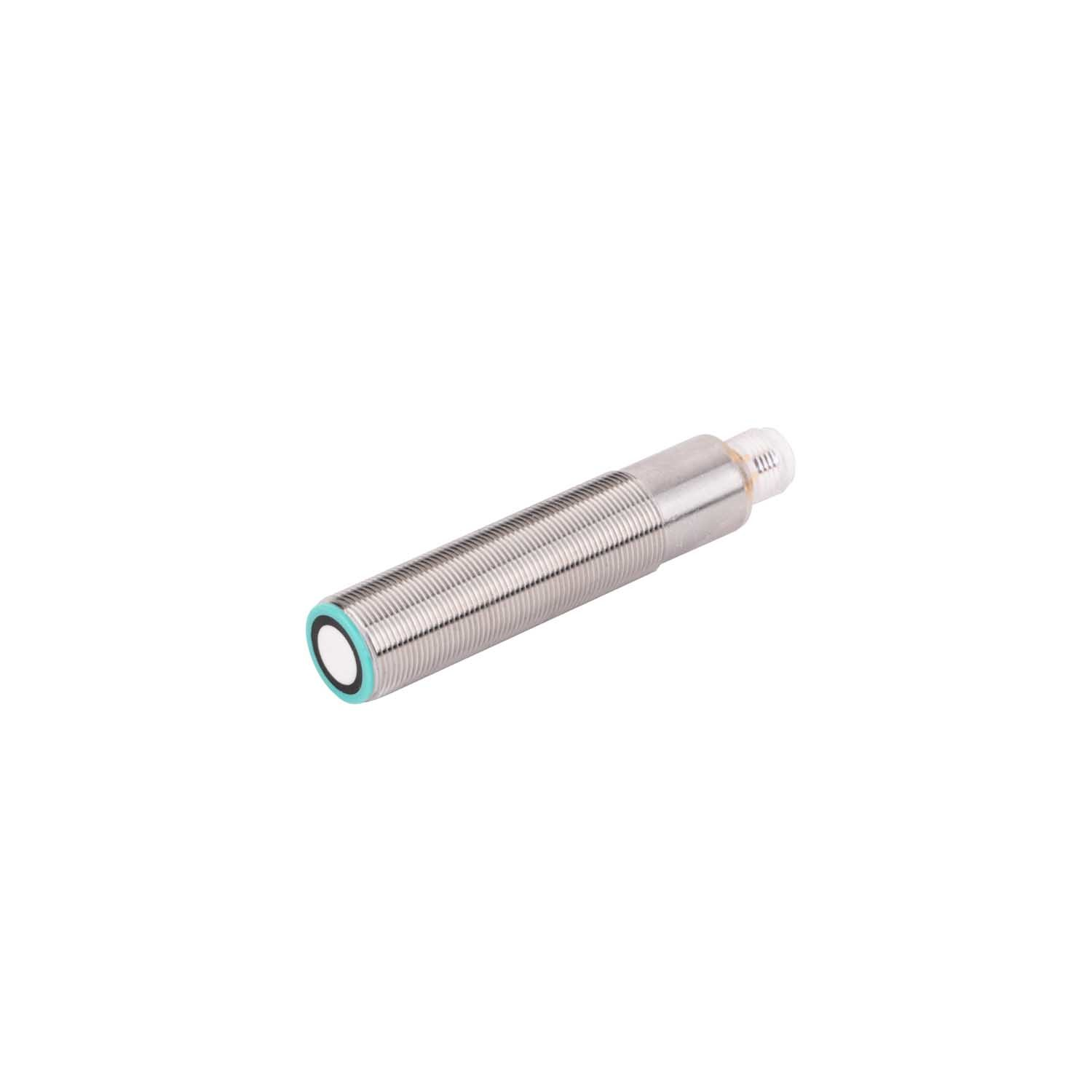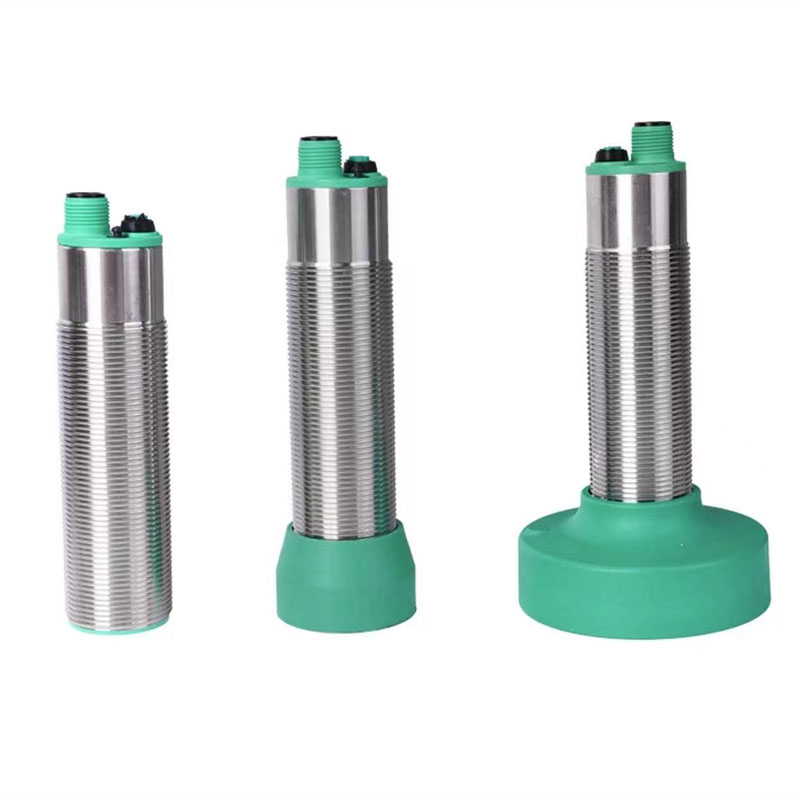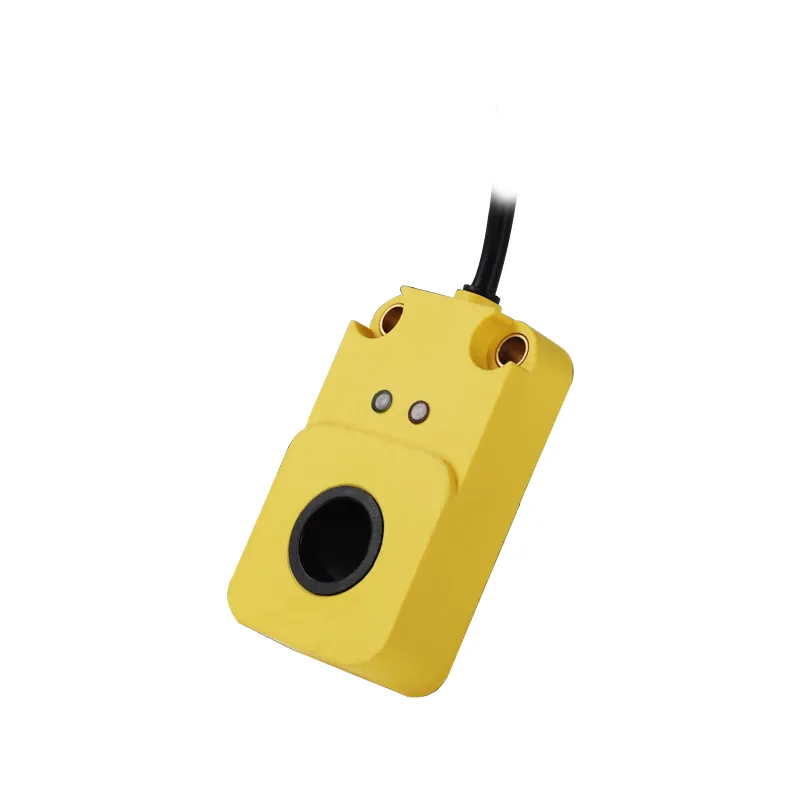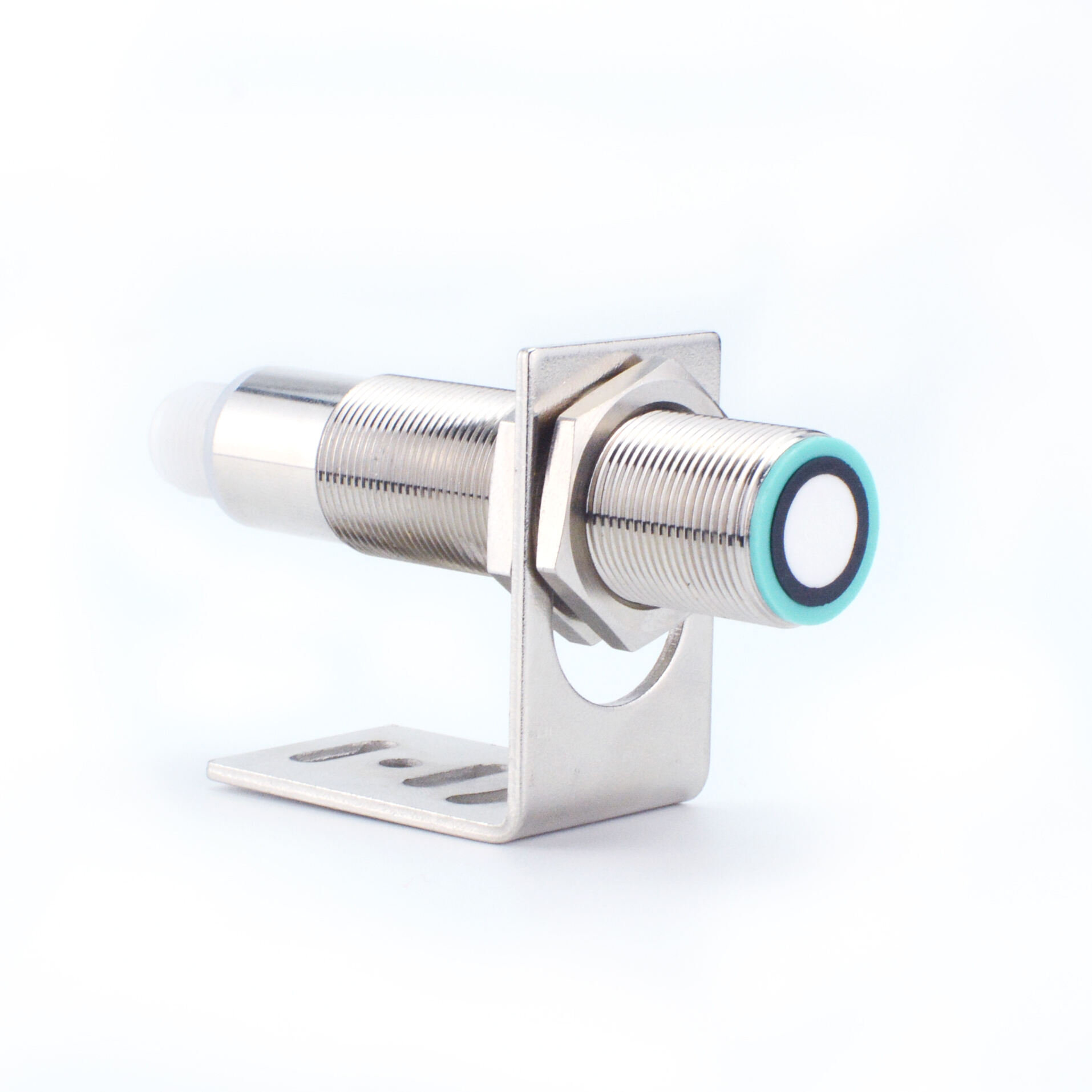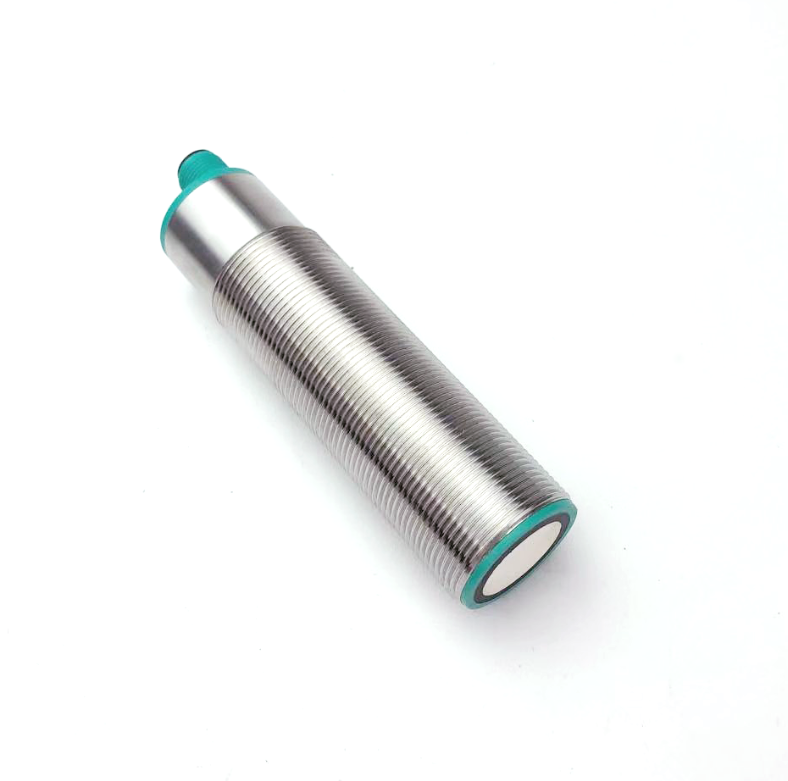capacitive proximity detector
A capacitive proximity detector is an advanced sensing device that operates by measuring changes in the electrical field between its sensing surface and nearby objects. This sophisticated technology detects objects without physical contact by establishing an electrostatic field and monitoring variations in capacitance when objects enter this field. The detector consists of a sensing electrode, signal processing circuitry, and output interfaces. When an object approaches the sensor's detection zone, it alters the electrical field's characteristics, triggering the device. These detectors excel in various industrial and commercial applications, offering reliable detection of both metallic and non-metallic materials. They are particularly valuable in manufacturing processes, automated assembly lines, and quality control systems. The technology provides exceptional accuracy in detecting objects through non-metallic barriers, making it ideal for level sensing in containers and position detection in sealed environments. Modern capacitive proximity detectors incorporate advanced features such as adjustable sensitivity settings, temperature compensation, and digital interfaces for seamless integration with control systems. Their ability to function in challenging environments, including those with dust, moisture, or electromagnetic interference, makes them indispensable in modern industrial automation.

